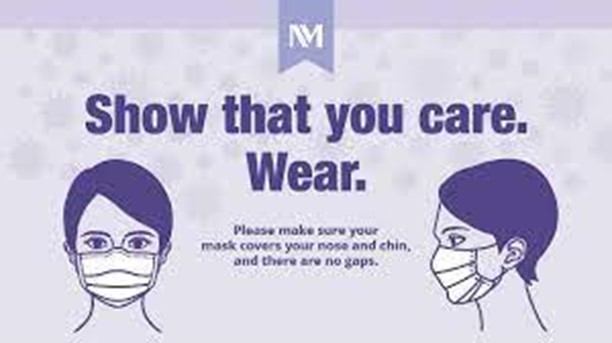A nurse in a rehabilitation unit is assessing a group of clients who have a traumatic brain injury. The nurse should identify that which of the following clients requires a priority referral?
A client who needs assistance when ambulating.
A client who consistently has difficulty using utensils while eating.
A client who has expressive aphasia.
A client who consistently coughs after drinking liquids.
The Correct Answer is D
The correct answer is Choice D.
Choice A rationale: Ambulation assistance is expected in rehabilitation. It reflects motor recovery needs but does not pose an immediate safety or health risk requiring urgent referral.
Choice B rationale: Difficulty using utensils indicates fine motor deficits. While important for occupational therapy, it’s not a priority compared to airway protection concerns.
Choice C rationale: Expressive aphasia affects communication but does not compromise physical safety or airway integrity. Speech therapy is appropriate but not urgent.
Choice D rationale: Coughing after drinking signals aspiration risk. This can lead to pneumonia or airway obstruction, requiring immediate referral to speech-language pathology for swallow evaluation.
Nursing Test Bank
Naxlex Comprehensive Predictor Exams
Related Questions
Correct Answer is A
Explanation
The correct answer is Choice A.
Choice A rationale: Placing a sterile kit on the overbed table above waist level maintains the sterility of the field. This position ensures that the kit is not contaminated by lower surfaces or inadvertent touch, which is essential for preventing infection during dressing changes.
Choice B rationale: Opening the outermost flap of the sterile kit toward their body increases the risk of contaminating the sterile field. The first flap should be opened away from the body to maintain the sterility of the field and prevent contamination.
Choice C rationale: Turning their back to the sterile field when coughing is incorrect because it increases the risk of contamination. The nurse should step away from the sterile field and cough into their elbow or use a mask to maintain sterility.
Choice D rationale: Holding a package of sterile gauze 30.5 cm (12 in) above the sterile field when dropping the gauze onto the field is too high and increases the risk of contamination. The gauze should be held closer, approximately 6 inches above the field, to ensure accuracy and sterility.
Correct Answer is B
Explanation
Choice A rationale:
Instructing the client's loved ones that the client should not have fresh flowers in their room (Choice A) is not a necessary action for rubella isolation. Rubella is transmitted through respiratory droplets, and the prohibition of fresh flowers is not a relevant precaution.
Choice B rationale:
Wearing a surgical mask when within 0.9 m (3 feet) of the client (Choice B) is the correct action. Rubella is an airborne disease, and wearing a surgical mask helps prevent the spread of infectious respiratory droplets to the nurse and other individuals.

Choice C rationale:
Placing the client in a room with negative-airflow pressure (Choice C) is not specifically indicated for rubella isolation. Negative-airflow pressure rooms are typically used for diseases that require strict airborne precautions, such as tuberculosis.
Choice D rationale:
Instructing the client that visitors will not be allowed while they are in isolation (Choice D) is not entirely accurate for rubella isolation. While isolation precautions are necessary, visitors can enter the room if they are properly protected, including wearing masks and following infection control protocols.
Whether you are a student looking to ace your exams or a practicing nurse seeking to enhance your expertise , our nursing education contents will empower you with the confidence and competence to make a difference in the lives of patients and become a respected leader in the healthcare field.
Visit Naxlex, invest in your future and unlock endless possibilities with our unparalleled nursing education contents today
Report Wrong Answer on the Current Question
Do you disagree with the answer? If yes, what is your expected answer? Explain.
Kindly be descriptive with the issue you are facing.
